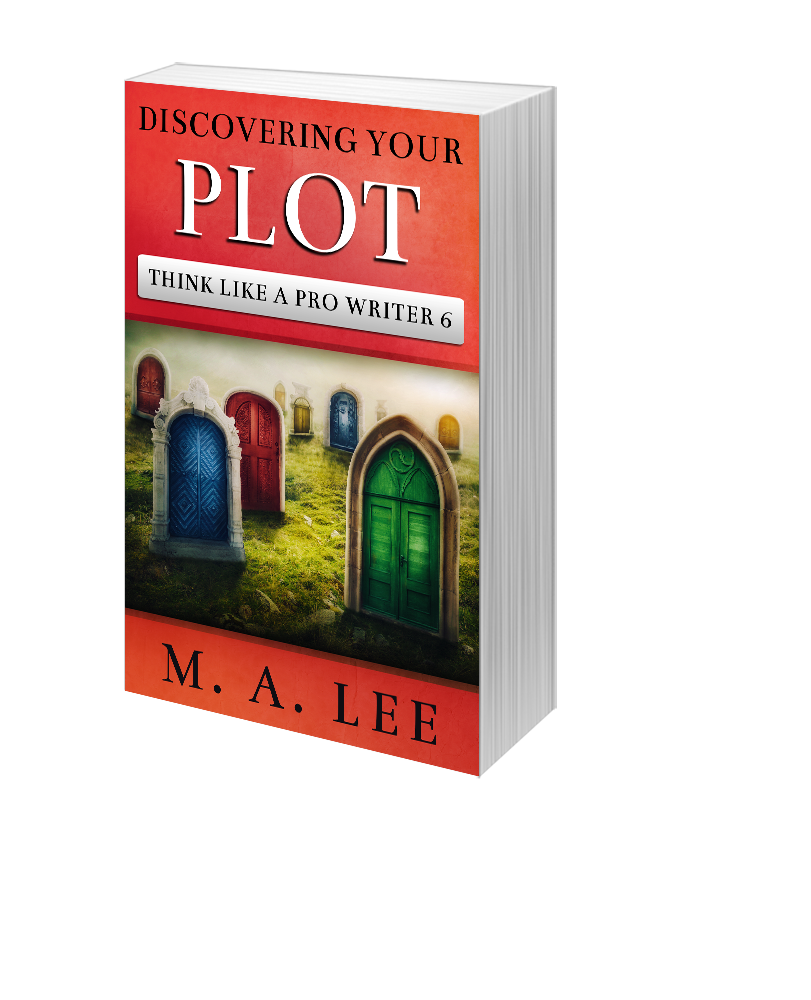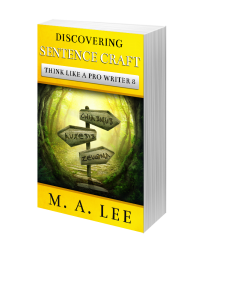Celebrate the Annivesary of Discovering Characters!
One of the hardest things to do in writing is to create characters that readers will care about, that will make them have to read on. ~ Noah Luke
Discovering Characters is like investigating a house we want to buy.
No, I’m serious. Characters have an exterior façade that we comment upon as we drive past. Through the windows we catch glimpses of interior lives.
Even in cookie-cutter boxy cliques, characters have individual characteristics, 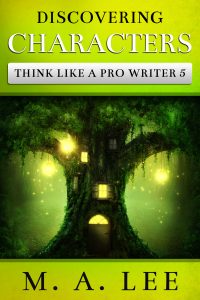 just as the suburbia ranch houses have their garden plantings and the urban row houses have their painted doorways. These small touches create individual homes in neighborhoods.
just as the suburbia ranch houses have their garden plantings and the urban row houses have their painted doorways. These small touches create individual homes in neighborhoods.
Some characters enjoy the bright city lights. Some are loners, nestled against a national forest. Characters, houses—each have individual personalities. Some are blingie, with the latest décor while others enjoy the comfort of yoga pants and old sneakers.
As writers, we capture these individual characters and save them from the cookie-cutter boxy stereotypes. We delve into interior rooms for glimpses of formative baggage. Finding their backstory is a search through attics and cellars, storage closets and garages. Characters hide their pain and fears, painting them over and adding distracting artwork.
Our job as writers is to find every detail of our characters then use snippets so our readers will see our characters as they drive through our books. We hint at the foundations while opening doors to their plans and purposes.
Discovering Characters is designed to help writers find the exteriors and interiors, public and private. We’ll dig around the foundations and climb to the roof. We’ll explore the open rooms and the storage closets. We’ll peek into rooms inhabited by such characters as diverse as Elizabeth and Darcy, the Iron Man, Aragorn and Frodo, Travis McGee, Medea, Macbeth, and Nanny McPhee.
Five areas comprise this guidebook. Just as characters—and houses—are individual, this info is individual. You won’t need every bit. Dip in and out, skim around. When you reach locked rooms, come back and explore to discover the keys to your characters.
- Starting Points ~ offering templates and character interviews
- Classifications ~ common and uncommon ways of discovering characters
- Relationships ~ couples, teams, allies, enemies, mentors, etc.
- Special Touches ~ progressions, transgressions, and transitions for character arcs
- Significant Lists ~ archetypal characters and much more
Discovering Characters, with 44,000-plus words, is the second book in the Discovering set, part of the Think like a Pro Writer series for writers new to the game as well as those wanting to up their game.
Click this link to take advantage of special summer savings.
Writer M.A. Lee has been indie-publishing fiction and non-fiction since 2015. She has over 50 books published under her pseudonyms. Visit www.writersinkbooks.com to discover more information.
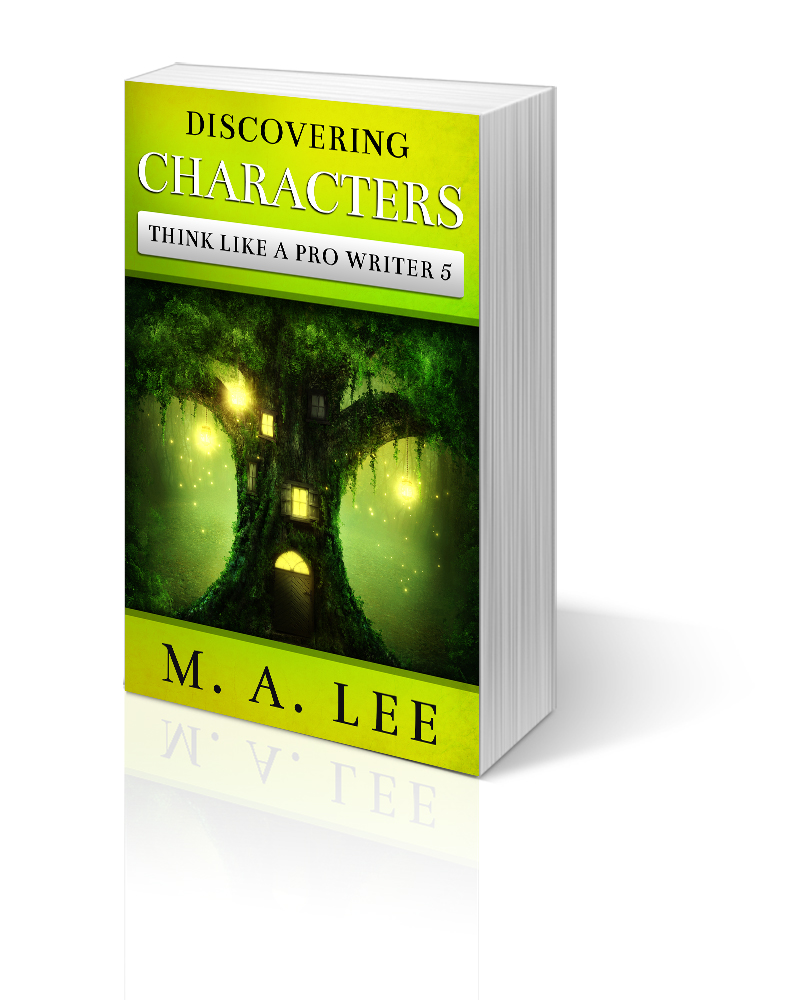

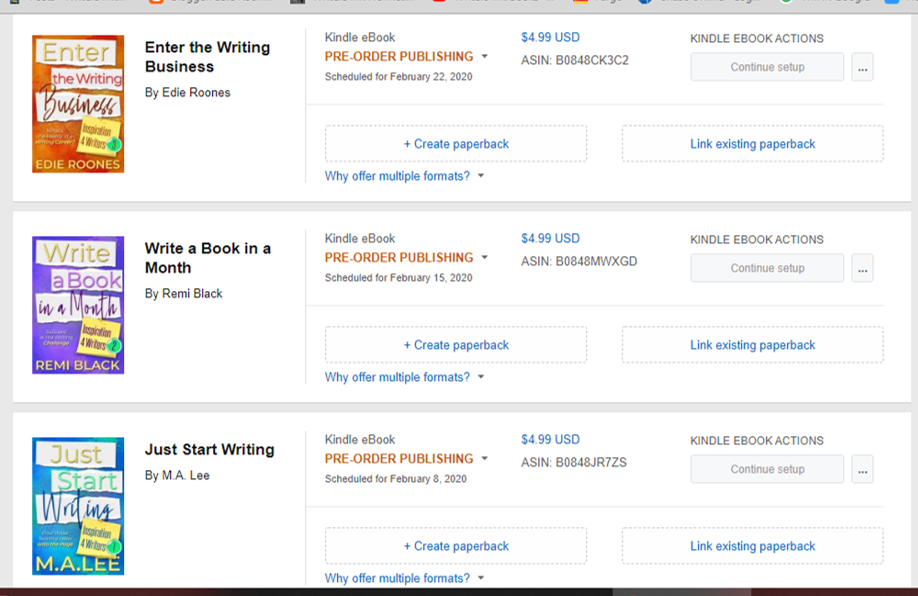

 just as the suburbia ranch houses have their garden plantings and the urban row houses have their painted doorways. These small touches create individual homes in neighborhoods.
just as the suburbia ranch houses have their garden plantings and the urban row houses have their painted doorways. These small touches create individual homes in neighborhoods.
